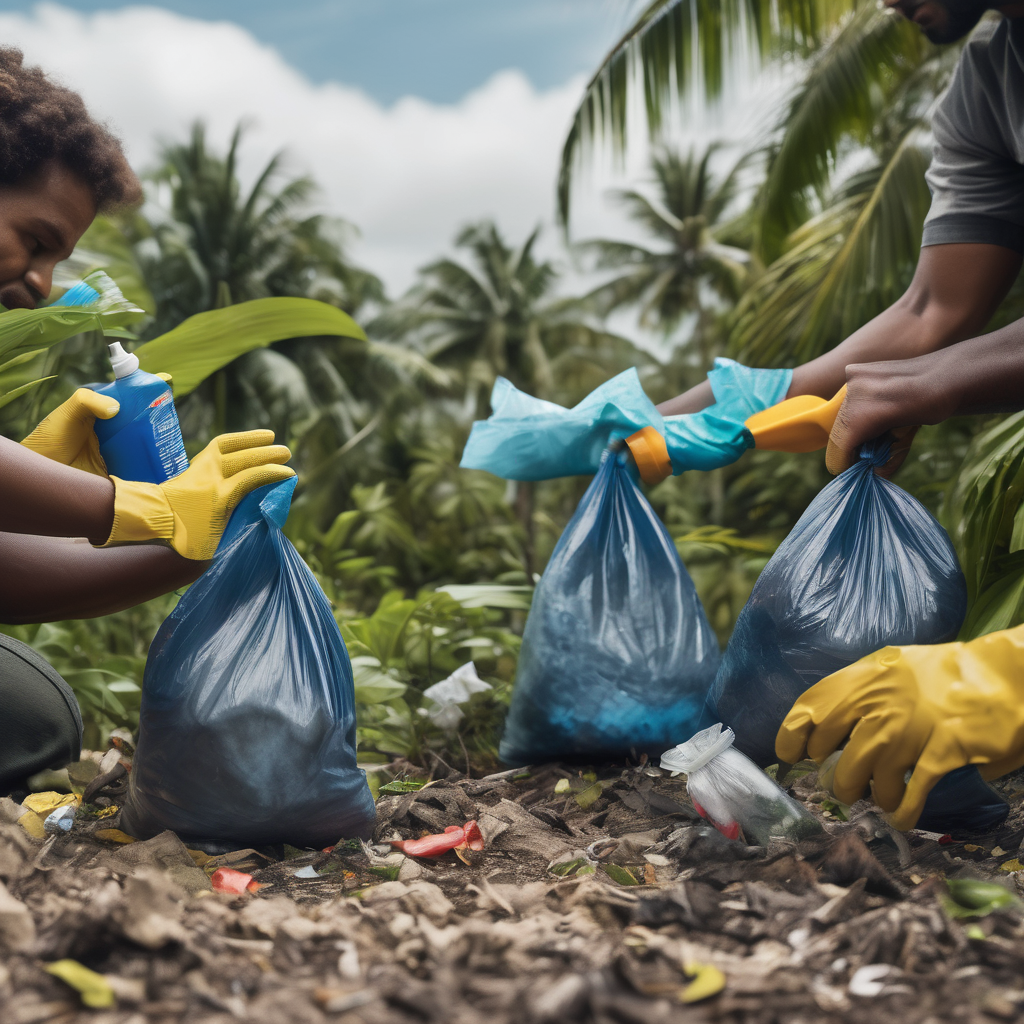Vunika, often highlighted as a significant dengue hotspot in Labasa, has been chosen as the central location for this year’s World Environmental Health Day events. The initiative aims to spotlight the importance of effective waste management in disease prevention. Vakaruru Cavuilati, the Divisional Health Inspector North, revealed that inspections have identified poor garbage collection practices in Vunika, which contribute to the creation of mosquito breeding sites. To combat the issue, students from Vunika Primary School are actively involved in spreading the message of environmental conservation and disease prevention within their communities.
Community engagement is a key focus of the celebration. Students are encouraged to bring their newfound knowledge about environmental health home and share it with their families, prompting wider community adoption of improved waste management practices. To further enhance waste management in these areas, a user-pay system for garbage collection is being considered, an initiative developed by the ministry in collaboration with government stakeholders and contractors.
Bhagawan Lal, the Head Teacher at Vunika Primary, articulates the vital role students have in educating their communities. By sharing information on how to maintain a clean environment to deter viruses, students can significantly contribute to their community’s health.
The selected theme for this year, “Clean Air, Healthy People,” underscores the necessity of preserving a pristine environment to interrupt mosquito breeding cycles and consequently decrease dengue risks. The efforts in Vunika mirror wider initiatives throughout Fiji, where community-led projects have achieved success in reducing mosquito habitats and enhancing public health awareness.
Regions such as Suva, Lautoka, and other parts of Fiji have seen successful mobilizations for community clean-up campaigns, aimed at curbing dengue through increased public participation. Similar initiatives have taken place in areas like Vunisea and Lami, reinforcing the continued need for collective community efforts to improve health standards.
These combined efforts forecast an optimistic future for public health in Fiji. By leveraging education and community involvement, residents can effectively reduce health threats and work towards a future with minimized dengue risks through sustained and cooperative initiatives.
